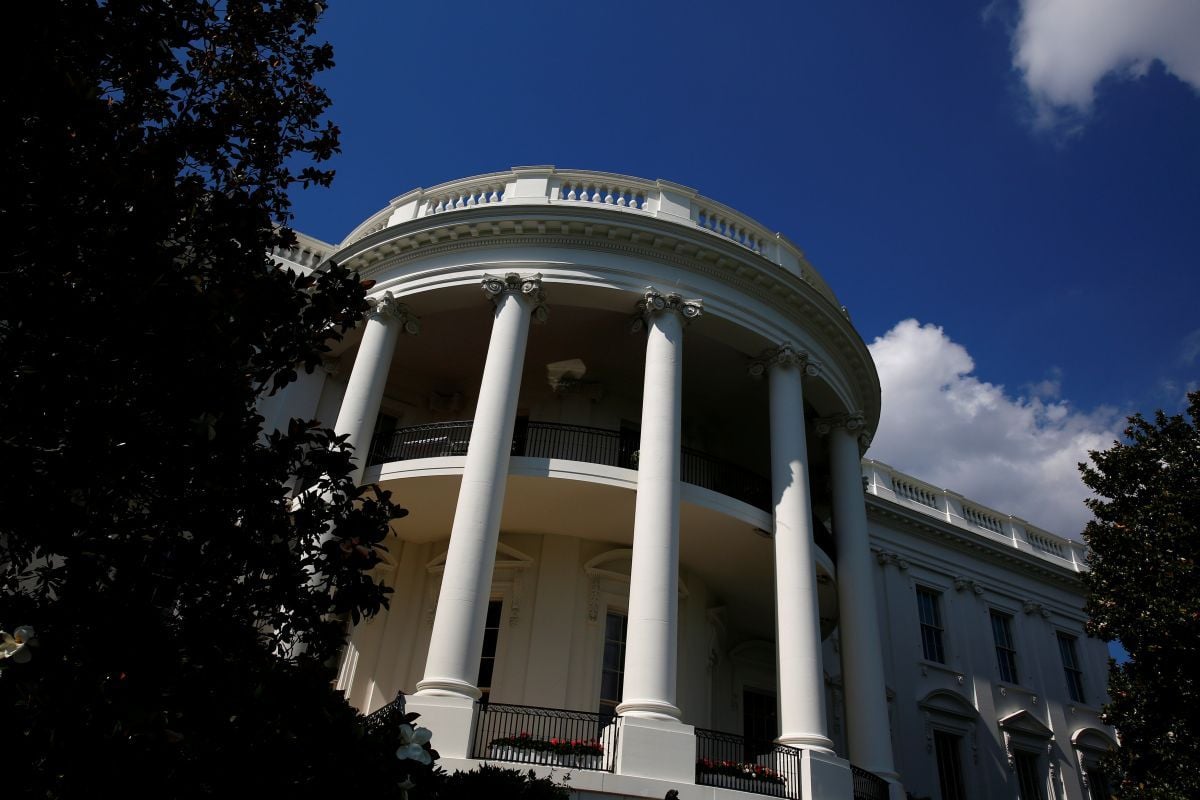
National Security Council officials insist the administration is slowly but surely working through whether to provide Ukrainian security forces with the capability to respond to Russia's infiltration of tanks, artillery and other equipment into occupied parts of eastern Ukraine. A meeting of the council's principals committee, which includes Cabinet secretaries, was held on the issue several weeks ago. Now officials are formalizing a set of options to present to Trump, a senior security council official said, Josh Rogin, a columnist for the Global Opinions section of The Washington Post, wrote in an article on October 29.
Trump's pending decision will have implications far beyond Donbas region. The Ukrainian government warns that even though fighting has recently tapered off there, Moscow is still working to change facts on the ground. But "this is not only about the weapons, this is about the political signal," said Artur Gerasymov, a leading Ukrainian member of parliament in President Petro Poroshenko's party.
"If the United States as leader of the free world will not help us stop this," Gerasymov said, "it is only a question of time who will be next."
Of course, the United States already provides Ukraine with a range of military-related items, including armored vehicles, medical supplies and night-vision goggles. But for years, Ukraine's government has pleaded with Washington for items that can counter Russia's armor, artillery and aircraft.
The United States has refused to provide Javelin antitank missiles, anti-battery radar that can see into Russian territory, and state-of-the-art intelligence capabilities and communications gear. During President Barack Obama's time, there was a push by top State Department and U.S. military officials, supported by both parties in Congress, to change that policy. But the Obama White House delayed until it became clear the foot-dragging was a decision not to act.
Read alsoForeign Policy: Ukraine expects Trump to approve arms deliveriesIn 2015, the House voted 348 to 48 to pass a resolution urging Obama to provide Ukraine with defensive weapon systems. The measure was sponsored by Eliot L. Engel (D-N.Y.), the House Foreign Affairs Committee's ranking Democrat, who told me Trump needs to make a decision now.
"I've supported providing Ukraine with defensive weapons for years," Engel said. "But we've failed to act, demoralizing the Ukrainians and signaling weakness to Putin. It's time for the administration to quit dithering and show whose side we're really on."
In addition to bolstering its forces in eastern Ukraine, Moscow is pushing a diplomatic and public propaganda effort both inside Ukraine and abroad. Putin wants to place peacekeepers on Ukrainian territory as a means of cementing the position of Russian-supported rebels. He is working to bolster the legitimacy of the breakaway provinces and the Russian-supported figures who run them.
There is also a sophisticated campaign under way to smear the Ukrainian government, which even included a sham hearing at the U.S. Capitol. At the event, former representative Connie Mack (R-Fla.) lambasted alleged corruption in Ukraine's national bank, with the charges quickly broadcast back into Ukraine.
The Trump administration's Ukraine policy is centered on reinvigorating the Minsk process, which requires Russia to honor a cease-fire, remove its heavy weapons from Ukrainian territory and respect the border. Putin is doing none of these things. The Trump administration appointed former U.S. ambassador to NATO Kurt Volker to pursue progress on implementing Minsk, but so far there has been none.
Read alsoTime for Trump administration to arm Ukraine, U.S. expert saysThe Obama administration was concerned that giving the Ukrainians increased military assistance would impede diplomatic progress and risk escalating the crisis by provoking Putin. The clearest rebuttal of that argument was made by Trump's own defense secretary, Jim Mattis, who advocated providing the weapons while standing next to Poroshenko in Kyiv in August.
"Defensive weapons are not provocative unless you are an aggressor, and clearly Ukraine is not an aggressor since it is their territory where the fighting is happening," Mattis said.
During the 2016 GOP convention, the Trump campaign beat back efforts to have the Republican platform endorse lethal assistance to Ukraine. Ever since, the question of whether Trump would come to the defense of Ukraine has gone unanswered.
Trump often says he would like to improve relations with Russia, but that can only be done from a position of strength. The United States failed to prevent Russia from meddling in Georgia, Moldova and Crimea. Trump must now decide if he will help Ukraine fend off Russian aggression or allow Putin to create yet another endless "frozen conflict" while the United States stands by.

